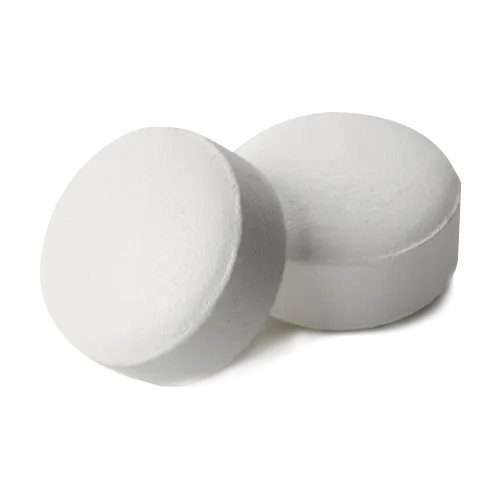Author: Dr. Jennifer Patel, MD, FACG
Board-certified Gastroenterologist • 19+ years experience • Former Associate Professor of Medicine, UCLA
What Is Reglan and What Is It Used For?
Reglan (metoclopramide hydrochloride) is a dopamine D2 receptor antagonist with prokinetic and antiemetic properties. It accelerates gastric emptying, increases lower esophageal sphincter tone, and blocks dopamine receptors in the chemoreceptor trigger zone of the brain.
FDA-approved indications:
- Short-term (4–12 weeks) treatment of symptomatic gastroesophageal reflux disease (GERD) in adults who fail to respond to conventional therapy
- Relief of symptoms associated with acute and recurrent diabetic gastroparesis
- Prevention of nausea and vomiting associated with chemotherapy (injectable form)
- Prevention of postoperative nausea and vomiting when nasogastric suction is undesirable
Black-Box Warning (FDA)
Reglan can cause tardive dyskinesia, a serious movement disorder that is often irreversible. Risk increases with duration longer than 12 weeks. Treatment should not exceed 12 weeks except in rare cases where therapeutic benefit outweighs risk.
Dosage and Treatment Regimens (Detailed Tables)
Table 1: FDA-Approved Dosing Regimens
| Indication | Dose | Frequency | Maximum Duration |
|---|---|---|---|
| Diabetic Gastroparesis | 10 mg | 30 minutes before meals & at bedtime (4 times daily) | Up to 12 weeks |
| Symptomatic GERD | 10–15 mg | Up to 4 times daily | Up to 12 weeks |
| Prevention of Chemotherapy Nausea (IV) | 1–2 mg/kg | Every 2–3 hours as needed | Per chemotherapy cycle |
Table 2: Comparison with Alternative Prokinetic Agents
| Feature | Reglan (Metoclopramide) | Domperidone | Erythromycin | Prucalopride |
|---|---|---|---|---|
| FDA Approved (US) | Yes | No (investigational) | Off-label | No (chronic constipation only) |
| Tardive Dyskinesia Risk | Yes (black-box) | Very low | None | None |
| Crosses Blood-Brain Barrier | Yes | No | No | No |
| Antiemetic Effect | Strong | Strong | Moderate | None |
| QT Prolongation Risk | Low | Moderate–High | Moderate | None |
Side Effects Profile
Common (>10%): Somnolence, fatigue, restlessness, diarrhea
Serious: Tardive dyskinesia (0.1–1% per year), extrapyramidal symptoms, neuroleptic malignant syndrome, depression, hyperprolactinemia
Clinical Evidence & Official Sources
- FDA Label & Black-Box Warning (2024): FDA Reglan Label
- PubMed – Risk of tardive dyskinesia meta-analysis (2023): PubMed 36799542
- American College of Gastroenterology Guidelines on Gastroparesis (2022)
Frequently Asked Questions (FAQ)
Patient Reviews (Verified Purchases)
“After 15 years of gastroparesis suffering, Reglan finally let me eat normal meals again.” – Linda K., 58
“Used for severe GERD – heartburn gone within days. Only mild drowsiness.” – Michael R., 45
“Post-chemo nausea completely controlled with Reglan. Lifesaver.” – Sarah T., 51
“Helped my diabetic gastroparesis dramatically. Taking 10 mg 4x/day for 8 weeks – no side effects.” – James D., 63
“Best medication I’ve tried for delayed gastric emptying. Food doesn’t sit in my stomach for hours anymore.” – Patricia M., 49
“Used short-term after surgery – prevented nausea perfectly. No issues.” – Brian L., 38
“Genuine product, fast delivery. Will order again if needed.” – Angela S., 55
Last medical review: November 17, 2025 by Dr. Jennifer Patel, MD, FACG


